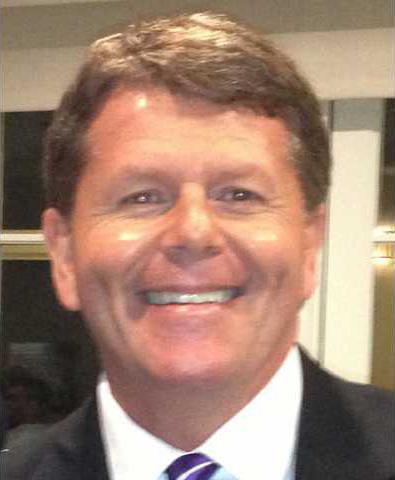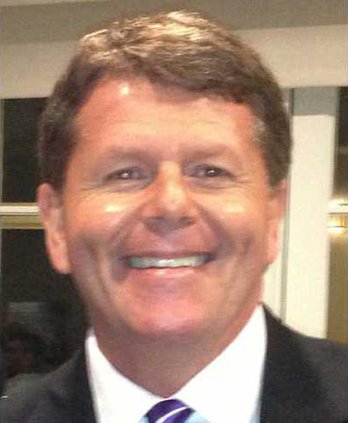How many times have we heard about them? Seen advertisements about them on TV? Read about someone who was experiencing them and, unfortunately, died?
Yes, I’m talking about the symptoms of a heart attack.
My first introduction to what a heart attack is came to me at age 10. My friend and fellow Boy Scout, Andy Fields, lost his father to a heart attack during a summer evening of fun and dancing while attending a charitable event. I remember the next morning hearing about what had happened and feeling so sad for Andy. No one should lose a father at such a young age.
Andy’s dad was tall and slim. No one would have predicted that he had some form of heart condition. From that moment forward, I was terrified that I might lose my own father to this dreaded disease.
Through the years, I have had many friends who have had heart attacks. Some made it; others weren’t so lucky. But one thing is for sure: It changed the course of life for these people and their family members in the most dramatic way.
During my life, I have probably been trained in CPR at least 15 times. Twenty years ago, as an adjunct instructor for Georgia Southwestern State University in Americus, I taught classes in CPR and first aid to college students for course credits. And that friend, Andy, who lost his dad, and I were on the same Boy Scout first-aid team that competed against other troops throughout Pennsylvania.
And yet to this day, I have never had to use my CPR skills to save someone’s life. I had never been around a person who was experiencing the warning signals of a heart attack. Not until last week.
And, fortunately, I remembered the all-important first step in an emergency — call 911! Time is of the essence when someone is experiencing a heart attack. And the signs can somewhat vary depending on each situation. There were no chest pains, tightness in the chest, or pain radiating down the arm, in the jaw or through the back. These are all symptoms of a heart attack, so know them.
What people often do not know are the other symptoms: breaking out in a cold sweat, feeling dizzy or lightheaded, and nausea. It would be easy to dismiss these symptoms as something else. Don’t take that chance.
As the American Heart Association says, calling 911 is almost always the fastest way to get lifesaving treatment. Emergency medical-services staff members can begin treatment when they arrive — up to an hour sooner than if someone gets to the hospital by car. EMS staffers also are trained to revive someone whose heart has stopped. Patients with chest pain who arrive by ambulance usually receive faster treatment at the hospital, too. It is best to call EMS for rapid transport to the emergency room.
Fortunately, this story has a happy ending. My friend and co-worker is alive and well. Many thanks go to the first responders, EMS and staff at the Heart Hospital of St. Joseph’s. They all were incredible in their efforts.
So know all the signs and symptoms of a heart attack and make the call to 911 as soon as possible. Stay alive, my friends.
Call DeLong at 912-531-7867 or go to www.thesuitesatstationexchange.com.
Knowing signs, symptoms of heart attack save lives
Senior moments


Sign up for our E-Newsletters